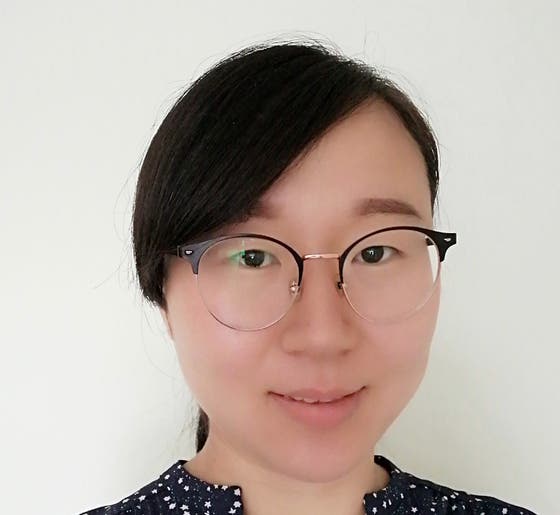Sep 25: New insights in noncytotoxic functions of granzymes

PhD research by Liling Shan (UMC Utrecht) has generated new insights into the noncytotoxic functions of granzymes in inflammation and antiviral immunity.
Cytotoxic lymphocytes, including cytotoxic (CD8+) T-lymphocytes, natural killer (NK) cells, NKT, and gamma delta (γδ) T-cells, play crucial roles in inflammation, antitumor, and antiviral immunity. Upon activation, cytotoxic lymphocytes mainly employ the granule exocytosis pathway to destroy target cells. They release a pore-forming protein perforin and a family of five structurally homologous serine proteases called granzymes (GrA, GrB, GrH, GrK, and GrM) that display distinct substrate specificities towards target cells. Perforin makes pores in the cellular membrane to facilitate entry of granzymes into target cells, where granzymes can exert intracellular functions, such as inducing cell death and noncytotoxic viral inhibition. In addition, granzymes can also exist extracellularly, where they perform pro-inflammatory functions and extracellular matrix modification.
Pro-inflammatory function of granzymes
Liling Shan (Department of Pathology, UMC Utrecht) evaluated the roles of GrK and GrM in the pathogenesis of rheumatoid arthritis (RA). She found that serum GrK and GrM levels are not changed in RA, whereas GrM (but not GrK) levels are elevated in synovial fluid of RA patients. She showed that GrM is mainly expressed by cytotoxic CD8+ T cells, NKT, γδT, and NK cells in synovial fluid-derived mononuclear cells. In addition, she showed that GrM levels in synovial fluid correlate with local pro-inflammatory cytokines IL-25, IL-29, XCL1, and TNFα. She found that purified GrM triggers the release of IL-29 (IFN-λ1) from human fibroblasts in vitro. These data point to a novel mechanism by which intra-articular GrM, likely produced by (cytotoxic) cells, may contribute to RA disease progression by locally inducing pro-inflammatory cytokine IL-29.
Noncytotoxic antiviral functions of granzymes
Human cytomegalovirus (HCMV) belongs to the β-herpesvirus family and is characterized by an asymptomatic lytic and a subsequent life-long latent infection in immunocompetent individuals. However, it can trigger devastating disease following HCMV reactivation in immune-suppressed patients. In addition, HCMV infection is the most frequent viral cause of congenital defects and may promote cancer.
Liling Shan investigated whether cytotoxic lymphocytes can use granzymes to control HCMV infection in a noncytotoxic manner. It was demonstrated that CD8+ T cells and NK cells can inhibit HCMV dissemination independent of host cell death and IFN-α/β/γ. She showed that cytotoxic lymphocytes induce the degradation of HCMV immediate-early (IE) proteins IE1 and IE2, which are essential players in initiating viral replication in virus-infected cells before killing occurs. Despite that human granzymes display distinct substrate specificities, she found that all human granzymes can directly target viral IE1/2 proteins at multiple cleavage sites, resulting in the inactivation of their functions and thus HCMV replication. These data indicate that killer cell proteases can control HCMV infection in a noncytotoxic manner via targeting indispensable viral proteins.
PhD defense
Liling Shan (1989, Zhaoyuan, China) received her PhD on September 8, 2020 at Utrecht University. The title of her thesis was “Noncytotoxic functions of granzymes in inflammation and antiviral immunity”. Supervisor was prof. dr. Roel Goldschmeding (Department of Pathology, UMC Utrecht) and co-supervisor was dr. Niels Bovenschen (Department of Pathology and Center for Translational Immunology, UMC Utrecht). Liling Shan was a nominee for the Erik Hack Publication Award 2020 for her recent publication in PLOS Pathogens (Chapter 4 of this PhD thesis).
